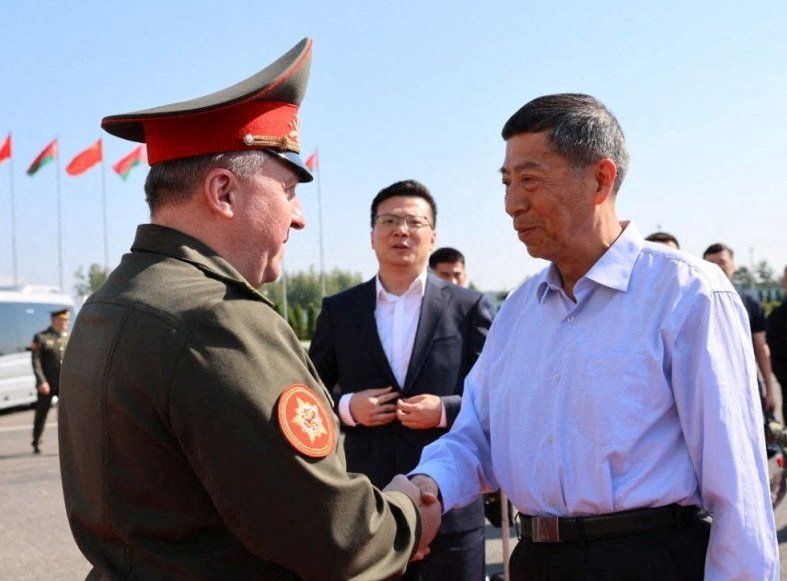China’s defense chief Li Shangfu is visiting Russia and Belarus this week to reaffirm the strength of Beijing’s relations with those two countries. But the visit comes just a week after China joined Ukraine peace talks in Saudi Arabia that included US, European, and Ukrainian officials, but excluded Russia.
Since Russia’s invasion of Ukraine in February 2022, China has presented itself as a neutral party. It has blamed the West for Russia’s invasion but has notably refused to recognize Russia’s right to any of the Ukrainian territory its forces have seized. In Moscow this week, China’s Li noted that in Ukraine, as in other conflict zones, “China will promote peace talks and help reach an international consensus.” In fact, China remains the one major power with enough clout in both Moscow and Kyiv to broker a deal.
Meanwhile, in Norway, Stian Jenssen, chief of staff to NATO Secretary General Jens Stoltenberg, noted during a speech this week that while no peace deal is acceptable to the alliance without approval from Ukraine, NATO members have discussed how to end the war. He added, “I think that a solution could be for Ukraine to give up territory and get NATO membership in return.” Either Jenssen was speaking way out of turn or the alliance is offering Ukraine a gentle nudge toward an eventual settlement.
The Bottom Line: Put these two stories together, and it appears that, though the war in Ukraine is far from finished, outsiders may be trying to bring the two sides a few steps closer to the compromise that will be needed to break the current stalemate.
